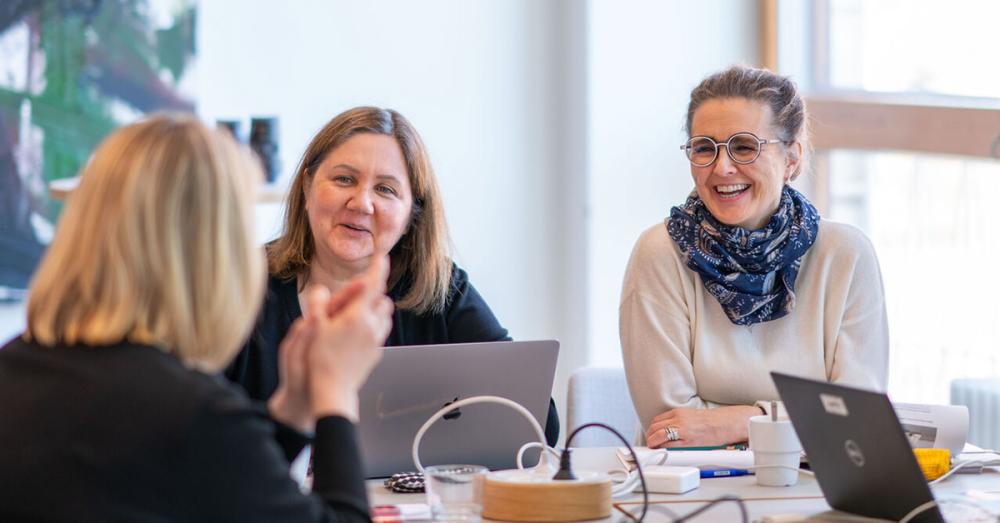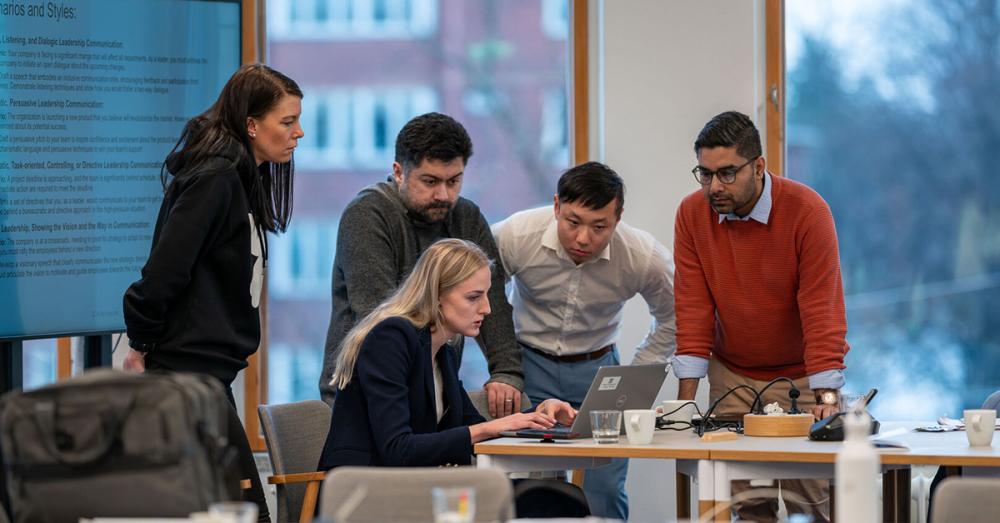You are about to become a board member of a new organization. Perhaps this is even your first board professional position. How should you prepare yourself?
According to Pedro Parada, Senior Affiliate Professor of Strategy and International Business at Católica Lisbon, your first task is to get to know the organization you are joining.
“Make sure that you do your homework especially when you are a board member for the first time to get a good grasp of what the business and industry are like. If you don’t have the basic information, you cannot make decisions,” notes Parada.
Most board members globally have experience in senior management roles before they join a board of directors. Therefore, the most difficult skill that board professionals need to develop is that, while they need to understand the processes of the organization and what is happening within the firm, they need to understand that they are no longer the ones to decide.
The most important part for board members is value creation, which means helping managers in decision-making."
Instead, the role of the board is to help managers to make the best possible decisions.
“The most important part for board members is value creation, which means helping managers in decision-making, and in that sense, it’s critical that they receive information that is timely relevant, so that they can really debate,” Parada says.
Therefore, another piece of advice that he gives to new board members is that they should get to know the managers, i.e., the people who run the organization.
Each leader and individual holds biases – which are often unconscious – and those biases influence their views and decision-making especially when they face time pressure or other demands.
When influenced by their biases, managers may for example continue solving problems in the same way time after time and even though the operating environment has changed. This may prevent them from going out of their comfort zone and coming up with new innovations and disrupting their industry.
Parada gives an example from the automotive industry. Why wasn’t the shift to electric cars led by Mercedes, BMW, or some other big player with a long history in manufacturing cars and an access to the electric car technology? Why was the transformation led by Tesla, a newcomer that needed to build everything from scratch?
“Part of the explanation is that people who had been running the industry just had kept on solving issues of the industry in the same way over and over again. They saw the disruption, and they had the technology but none of them went for it,” says professor Parada.
“It takes courage from a board of directors to push managers away from their comfort zone. It’s just difficult for people to change, and that’s the challenge.”
Why board members need to understand strategy?
Parada has been researching and teaching strategy for 25 years. Before starting in his current role in Lisbon, he worked for years at Esade Business School in Barcelona and Georgetown University in Washington DC. Moreover, he has been training board members in both Madrid and Helsinki, and he is one of the instructors in Aalto University Executive Education’s (Aalto EE) Board of Directors program.
The Board of Directors program develops executives' and board members' abilities to evaluate a company's strategy in a constantly changing business environment. The focus is on strengthening the boards' capability to direct the company. The program provides the participants with tools for assessing their organizations’ strategy.
Why is it so important for board members to have in-depth understanding of strategy-related matters? Parada explains that strategic decisions are unequivocally the nondelegable duty of the board, also legally, and therefore board of directors need to be able to discuss strategy.
It’s in the best interest of the board members to make sure that they have all tools that they need and that they are very confident about these issues."
Moreover, being a board member means a huge responsibility and taking even a personal risk: if anything goes awry in the company, even the board members’ personal wealth is at stake.
“Now more and more people realize that it is a huge responsibility and it’s in the best interest of the board members to make sure that they have all tools that they need and that they are very confident about these issues.”
“Of course, this will not guarantee a positive outcome or always making the right decisions, but that’s not a problem. Your legal responsibility as a board member is to make decisions with all due diligence and always in good faith in absence of conflict of interest and always in the best interest of the firms and its owners.”
Ensuring the company’s operations in the long run
What should be on the agenda of board members right now?
After a few decades of talk about globalization, Parada says that we are now looking at the beginning of the process of de-globalization, which has to do with major, global crises such as the Russian war in Ukraine, Covid-19 pandemic, and the climate crisis, among many others.
“We start also seeing the increase of protectionism all around the world. We are reaching a world with two different poles.”
For businesses, this means that they need to make sure that they are resilient against external shocks. Board of directors need to carefully consider the company’s value chains and how to make sure that their operations will continue in the future.
It’s not about making the highest possible profit but about making sure that you can continue your operations in the long run."
“It’s not about making the highest possible profit but about making sure that you can continue your operations in the long run. Of course, that’s also linked to sustainability – we all need to pay attention to environmental issues and I’m sure everyone’s aware of that – but now of course we see more and more economic pressures as well.”
Creating a business model that is both sustainable and competitive is one of the things that need to be on the board of directors’ agenda at the moment.
The second thing that Parada mentions is cybersecurity. Cyberattacks touch each and every one of us, but not all companies have yet truly realized that, and many boards of directors lag behind in terms of understanding cybersecurity.
Pedro Parada is Senior Affiliate Professor of Strategy and International Business at Católica Lisbon School of Business and Economics, and instructor in Aalto EE’s Board of Directors program. The program provides you with a view of the global economy, current trends, and their impact on organizations, and how strategies are built. Tools are provided for assessing an organization's strategy from a board and executive perspective, together with new insights on building a board with dynamics that will facilitate smart decision-making. Read more





















